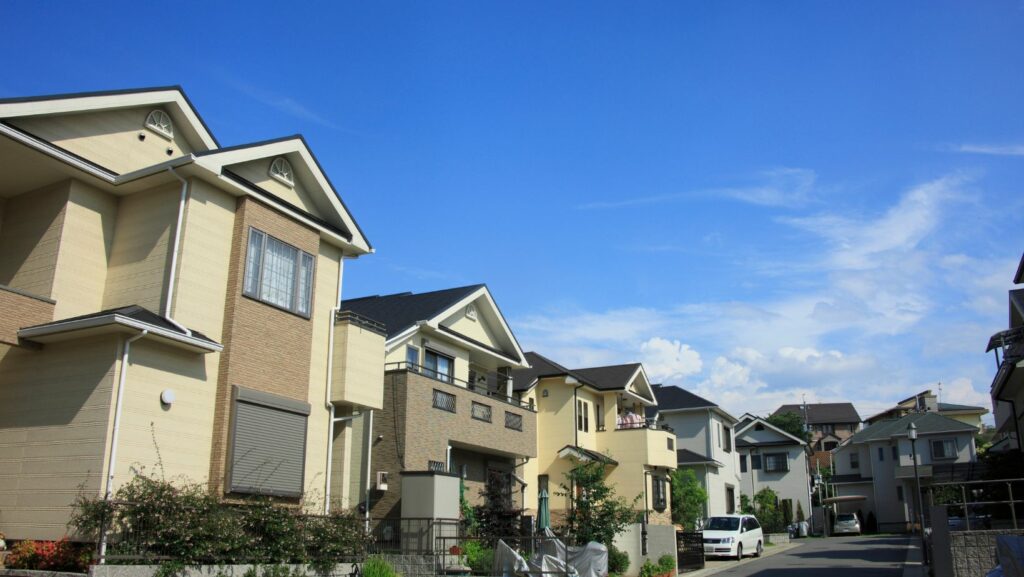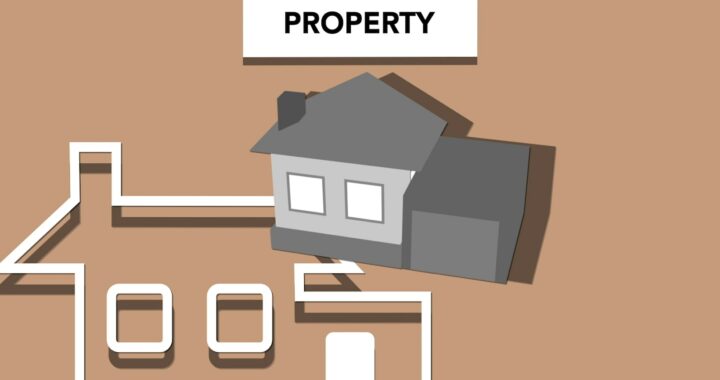
The Potential Risks And Mitigating Strategies On How To Invest In Affordable Housing
Investing in affordable housing can be a rewarding financial opportunity while also making a positive impact on communities. If you’re wondering how to invest in affordable housing, I’m here to guide you through the process.
One way to invest in affordable housing is by purchasing rental properties that cater to low-income individuals and families. These properties are typically located in areas with high demand for affordable housing. By providing safe and well-maintained units at below-market rents, you can generate steady rental income and contribute towards addressing the shortage of affordable homes.
Another option is investing in real estate investment trusts (REITs) that specialize in affordable housing. REITs pool funds from multiple investors to acquire and manage a portfolio of income-generating properties, including affordable housing developments. This allows you to diversify your investment across different properties without the need for direct ownership or management responsibilities.
Investing in affordable housing not only offers the potential for financial growth but also contributes towards addressing the pressing need for accessible homes. With careful consideration and strategic planning, you can make a meaningful impact while building your investment portfolio.

How To Invest In Affordable Housing
Affordable housing is a crucial aspect of real estate investment, providing opportunities for both financial growth and social impact. If you’re interested in learning how to invest in affordable housing, it’s important to have a clear understanding of what it entails.
- Defining Affordable Housing: At its core, affordable housing refers to residential properties that are priced at levels affordable to low- and middle-income individuals or families. These properties are typically subject to income restrictions and rent limits set by governmental or non-profit organizations. The goal is to ensure that individuals with limited financial means can access safe and decent housing options.
- Government Programs: Investing in affordable housing often involves participation in government programs aimed at increasing the supply of such housing units. These programs may include tax incentives, grants, loans, or subsidies provided by local, state, or federal authorities. By leveraging these resources, investors can help bridge the affordability gap while also benefiting from potential financial returns.
- Social Impact: Investing in affordable housing goes beyond monetary gains; it also allows you to make a positive difference in your community. By providing stable and affordable homes for individuals and families who would otherwise struggle with high rental costs, you contribute to enhancing their quality of life and fostering community development.
- Demand and Market Potential: The demand for affordable housing continues to grow due to various economic factors such as rising living expenses and stagnant wages. This trend creates an attractive market opportunity for investors who prioritize long-term sustainability over short-term gains.
- Risks and Considerations: Like any investment venture, investing in affordable housing carries certain risks that need careful consideration before diving in headfirst. Factors such as changes in government policies or funding limitations can affect project viability. It’s crucial to conduct thorough research, analyze market trends, evaluate potential risks, and seek professional advice before making any investment decisions.
Aspiring investors should aim to strike a balance between financial viability and social impact when exploring opportunities in the affordable housing sector. By understanding the dynamics of this market, you can make informed decisions that align with your investment goals while also contributing to addressing the pressing need for safe and affordable housing options. Investing in affordable housing can bring numerous benefits to both investors and communities.
Remember that each financing option has its own requirements and considerations regarding eligibility criteria, repayment terms, and risk factors associated with investing in affordable housing projects. It’s essential to conduct thorough research and consult with professionals experienced in this field before making any investment decisions.
By leveraging these financing options effectively, you can contribute towards addressing the pressing issue of affordable housing while also achieving your investment goals.





